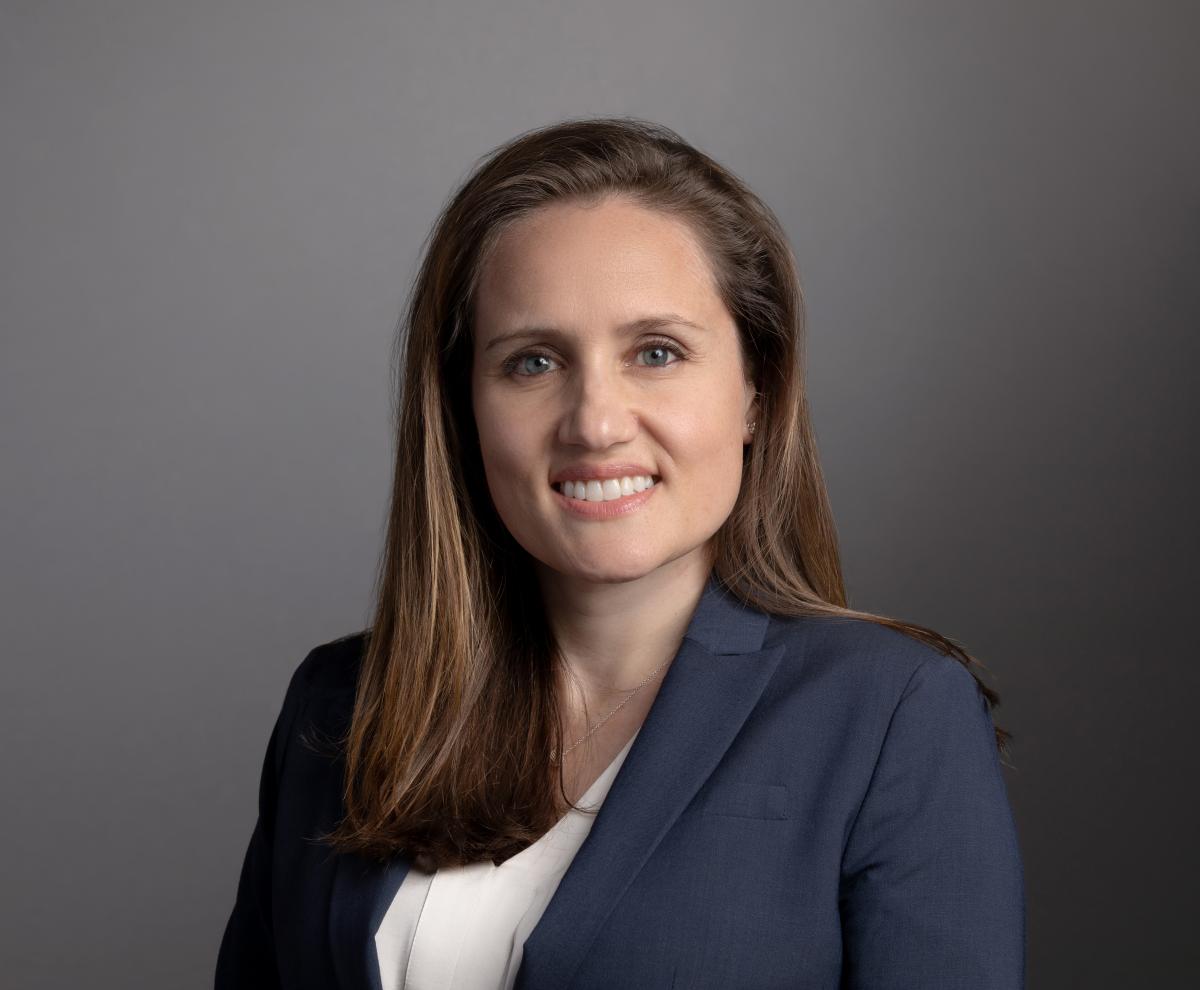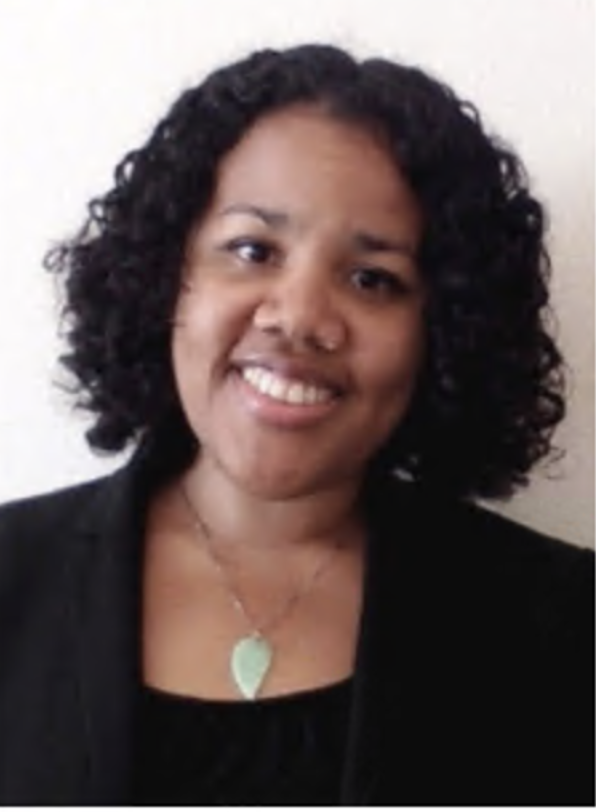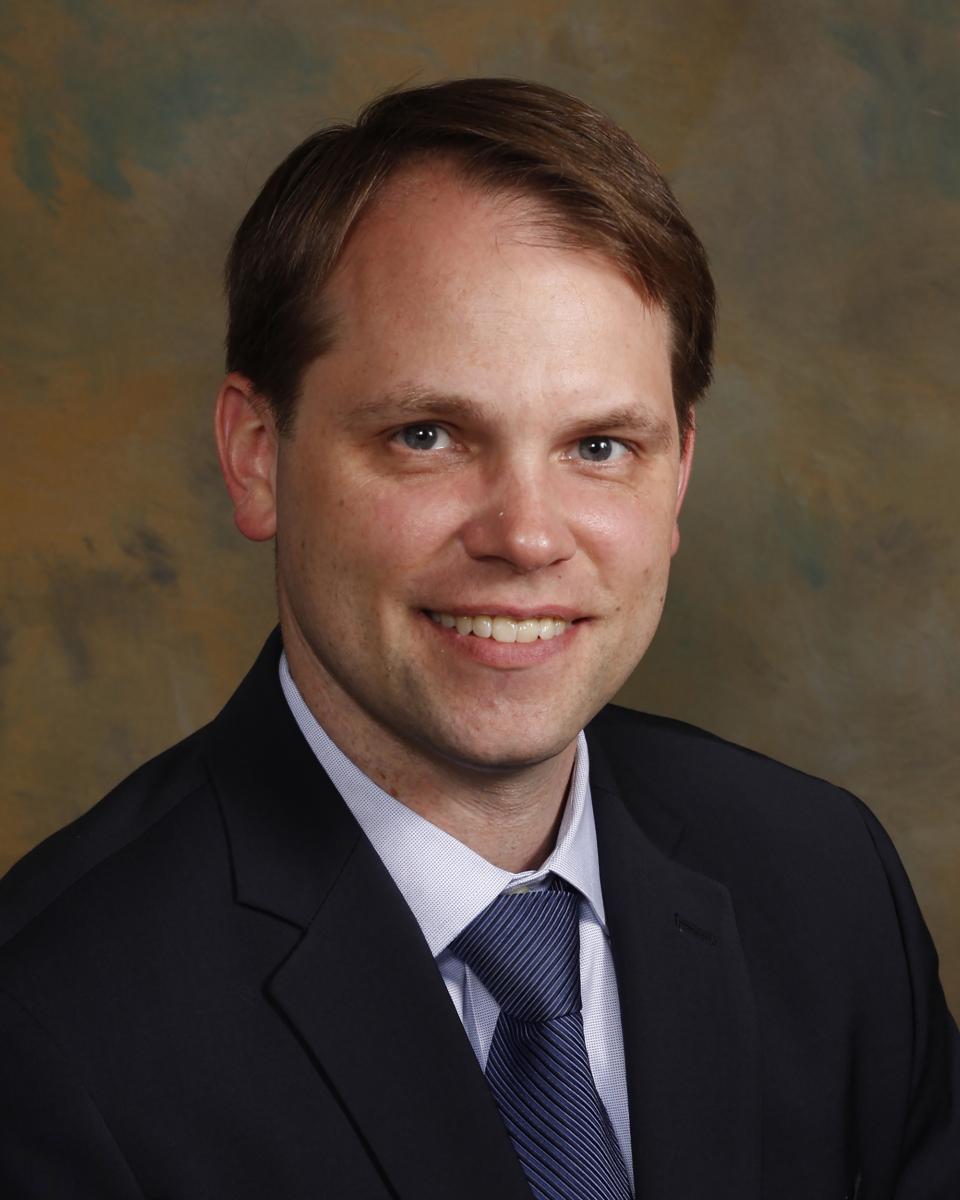ALERT!
This site is not optimized for Internet Explorer 8 (or older).
Please upgrade to a newer version of Internet Explorer or use an alternate browser such as Chrome or Firefox.
Improving Survival in Early Stage NSCLC by Incorporating a 14 Gene Molecular Risk Diagnostic Assay
Jablons DM, Woodard GA, Coleman MH, Blakely C. Improving Survival in Early Stage NSCLC by Incorporating a 14 Gene Molecular Risk Diagnostic Assay. November 2020. doi:10.25373/ctsnet.13262597
CTSNet hosted a live event on November 18 that aimed to shed light on important recent developments in lung cancer treatment. The recording is now available.
Moderated by David Jablons, MD, University of California San Francisco, who was joined by an esteemed panel, this live event presented data about the development of a molecular assay based on resected tumor RNA expression from simple paraffin-fixed tissue samples. This is integrated into an algorithm that can assign a risk score for recurrence. This molecular risk score is fully independent of standard TNM staging and does not rely on any other clinical parameters. The assay has been widely validated in thousands of patients and demonstrates both significant prognostic information and the predictive benefit of adjuvant platinum based chemotherapy in high risk patients, as identified by this assay.
The panel presented several interesting and illustrative real life cases of the clinical utility of the assay and discussed relevance and utilization.
Moderator:

David M. Jablons, MD
Chief of Thoracic Surgery
University of California San Francisco
Panelists:

Gavitt A. Woodard, MD
Assistant Professor of Surgery, Division of Thoracic Surgery
Yale School of Medicine

Melissa H. Coleman, MD
Clinical Instructor, Thoracic Surgeon
University of California San Francisco

Collin Blakely, MD
Assistant Professor of Medicine, Thoracic Medical Oncologist
University of California San Francisco
Disclaimer
The information and views presented on CTSNet.org represent the views of the authors and contributors of the material and not of CTSNet. Please review our full disclaimer page here.



